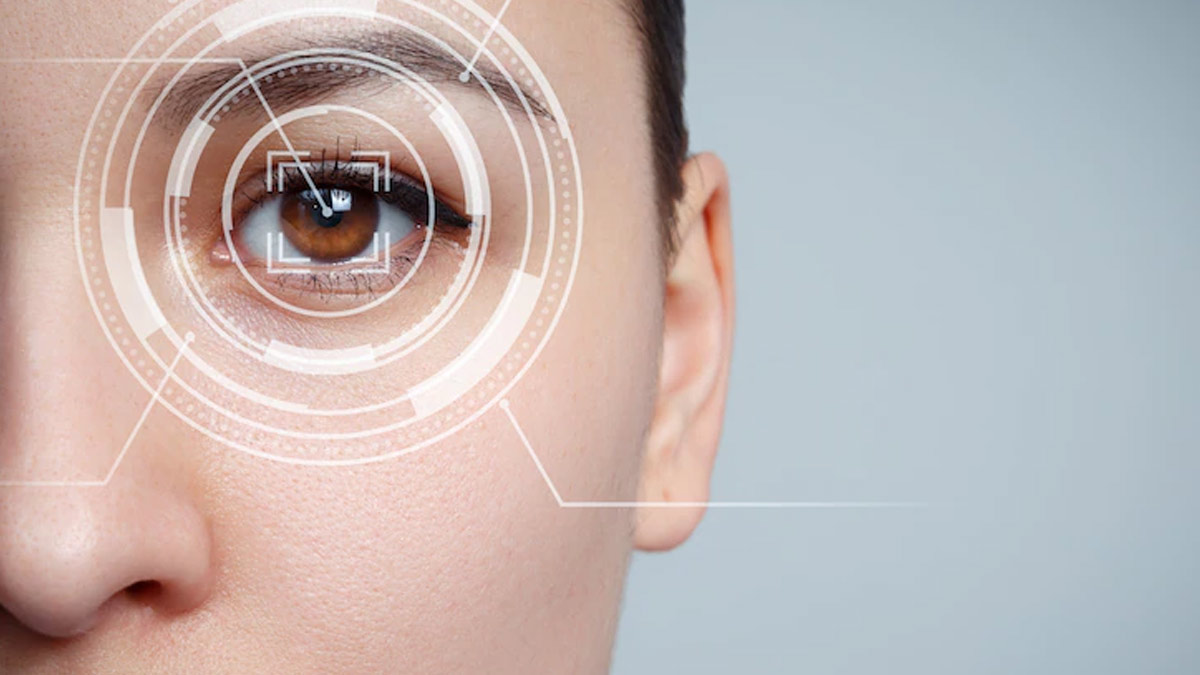
With a large number of people encountering vision problems, it’s no wonder so many myths are floating around about how to keep the eyes healthy. In this article, we help you to dispel common myths regarding eye health. Read on to know more about this, and take good care of your eyes.
In an exclusive interaction with OnlyMyHealth editorial team, Dr. Preeti Choudhary, Ophthalmologist, SRV Hospitals - Dombivli, debunked five myths related to our eye health.
You may have heard a lot of things regarding what is good or bad for your eyes. But, you might not know what to believe and what not to. From eating carrots to avoiding watching TV for long, grown ups like imparting advice on what is good for our eyes. But, not everything turns out to be true. It is imperative to clear misconceptions when it comes to your eyes.
Eye Health Related Myths & Facts
Below are the eyesight-related myths that we aim to debunk
1. Your eyes might be harmed by reading in low light
Fact: Your vision will not get affected if you read in low light. However, adequate lighting might make it easier to read and prevent your eyes from getting tired more quickly. Reading in low light won't hurt your eyes but it can make your eyes tired.

Also read: 6 Quick Home Remedies For Headache Due To Cold Air
2. Your eyes will be harmed if you wear glasses that are too powerful or have an improper prescription
Fact: Glasses alter the light beams that reach your eyes. They don't alter the eye itself in any way. Although it could cause a headache, wearing glasses that are excessively powerful or otherwise inappropriate for your eyes will not hurt them. In the worst-case scenario, the glasses will not improve your eyesight and will give you discomfort due to blurriness. It won't, however, cause any harm to your eye.
3. 20/20 vision indicates that your eyes are flawless
Fact: A person with a 20/20 vision has a great central vision. They could, however, have defective side vision, night vision, or colour vision. Some potentially blinding eye disorders, including glaucoma or diabetic retinopathy, may take years to develop. These conditions may be damaging certain areas of the inner eye throughout this period, leaving the central vision unharmed.
Also read: 6 Quick Home Remedies For Headache Due To Cold Air

4. Colour-blind people only perceive in black and white
Fact: People who are colour-blind typically perceive partial colour. It is extremely rare for an individual to be completely colour-blind and have grayscale vision. The majority of colour-blind people simply have trouble telling the reds and the greens apart.
5. Vision loss is a natural consequence of ageing
Fact: Many eyesight issues that are a result of ageing can be remedied. Adults can regain their clear vision by treating cataracts and near-vision loss caused by presbyopia. Annual eye exams are crucial for detecting both treatable and irreversible hazards to vision, such as glaucoma or macular degeneration. Early intervention can frequently delay or stop eyesight loss.
In conclusion, it is the need of the hour to take utmost care of your eyes and go for regular eye check-ups and follow-ups to avoid any vision problems. Remember that our eyes are one of the most sensitive organs in the body and all the issues related to them should be addressed without any delay.







